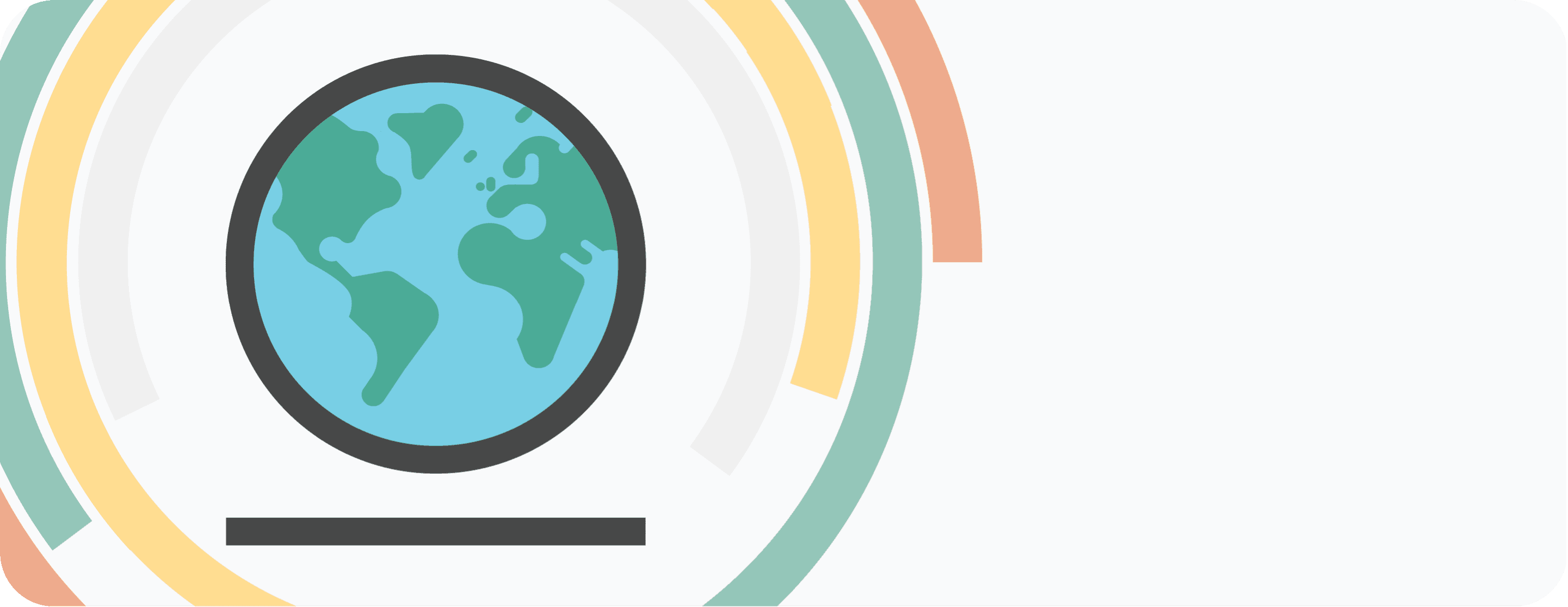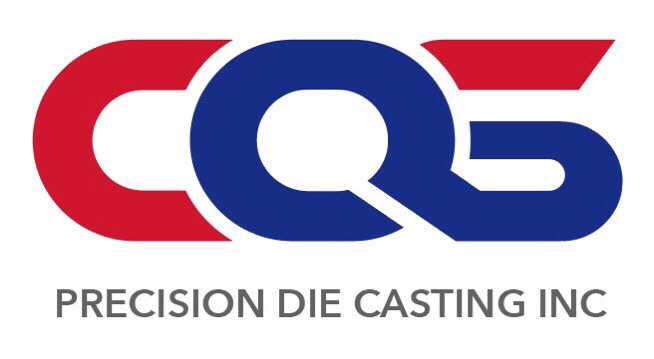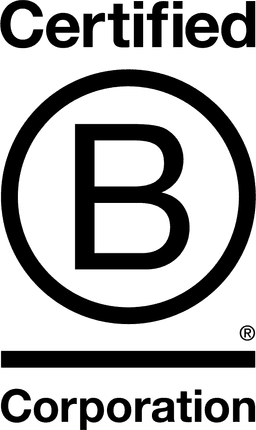

CQS PRECISION DIE CASTING INC.

Đồng Nai, Vietnam
March 2023
Other manufacturing
Manufacturing
Taiwan,
Vietnam
CQS was established in 1999 with locations in Vietnam and Taiwan, and produces lightweight aluminum parts by the High Pressure Die Casting (HPDC) and Gravity Die Casting (GDC) processes. Customers include some of the world’s largest OEMs in North America, Europe, Asia, and India, with CQS supplying a variety of products, including motorcycle wheels, agriculture equipment parts, braking system components for commercial vehicles, and many others. Providing a ‘one-stop’ service option for customers, available processes include HPDC/GDC, CNC Machining, Stamping, Liquid Paint/Powder Coating, Assembly, Test, Inspection, and Packaging. CQS assures adherence to requirements with quality assurance checks and monitoring during all processes, within a system that is globally certified for excellence. Core values are reflected daily in operations and leadership. These values include long term sustainable operations and growth, with full consideration for the environment (E), society (S), and governance (G). With a foundation of continual sustainable development, CQS will meet the expectations of stakeholders, create value for society, and assure environmental considerations. CQS expects to not only be a regional leader, but one of the leading sustainable companies in the world.
Overall B Impact Score
Governance 8.4
Governance evaluates a company's overall mission, engagement around its social/environmental impact, ethics, and transparency. This section also evaluates the ability of a company to protect their mission and formally consider stakeholders in decision making through their corporate structure (e.g. benefit corporation) or corporate governing documents.
What is this? A company with an Impact Business Model is intentionally designed to create a specific positive outcome for one of its stakeholders - such as workers, community, environment, or customers.
Workers 21.7
Workers evaluates a company’s contributions to its employees’ financial security, health & safety, wellness, career development, and engagement & satisfaction. In addition, this section recognizes business models designed to benefit workers, such as companies that are at least 40% owned by non-executive employees and those that have workforce development programs to support individuals with barriers to employment.
Community 19.3
Community evaluates a company’s engagement with and impact on the communities in which it operates, hires from, and sources from. Topics include diversity, equity & inclusion, economic impact, civic engagement, charitable giving, and supply chain management. In addition, this section recognizes business models that are designed to address specific community-oriented problems, such as poverty alleviation through fair trade sourcing or distribution via microenterprises, producer cooperative models, locally focused economic development, and formal charitable giving commitments.
Environment 41.4
Environment evaluates a company’s overall environmental management practices as well as its impact on the air, climate, water, land, and biodiversity. This includes the direct impact of a company’s operations and, when applicable its supply chain and distribution channels. This section also recognizes companies with environmentally innovative production processes and those that sell products or services that have a positive environmental impact. Some examples might include products and services that create renewable energy, reduce consumption or waste, conserve land or wildlife, provide less toxic alternatives to the market, or educate people about environmental problems.
What is this? A company with an Impact Business Model is intentionally designed to create a specific positive outcome for one of its stakeholders - such as workers, community, environment, or customers.
Customers 3.9
Customers evaluates a company’s stewardship of its customers through the quality of its products and services, ethical marketing, data privacy and security, and feedback channels. In addition, this section recognizes products or services that are designed to address a particular social problem for or through its customers, such as health or educational products, arts & media products, serving underserved customers/clients, and services that improve the social impact of other businesses or organizations.